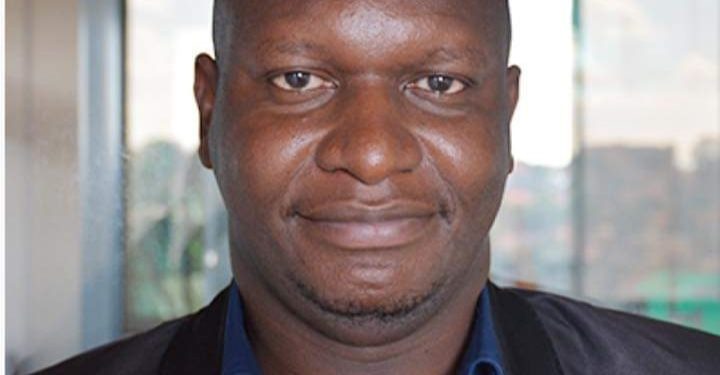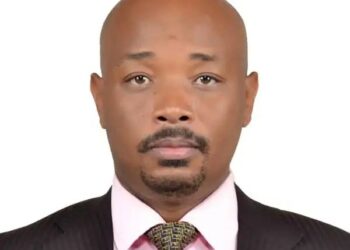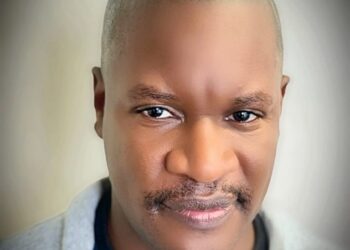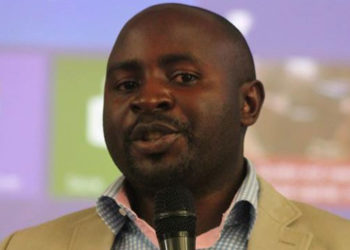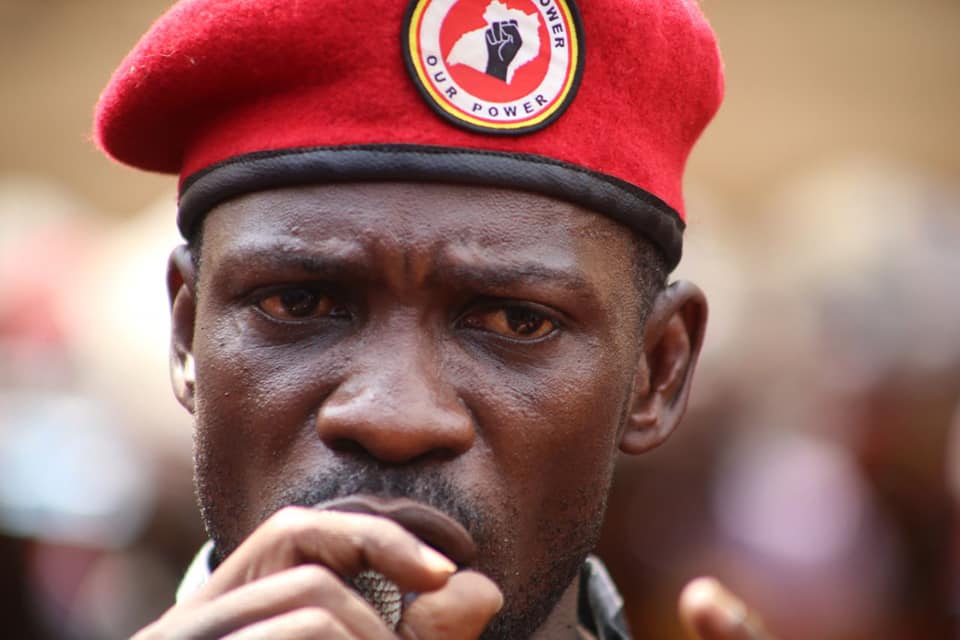As President Museveni swears in for another term in office, there has been a noticeable flurry of congratulations from Germany, UK and France. It is likely that more members of the European Union or the continent of Europe will send best wishes to him for another term.
The last election was definitely characterized by support from Europe and America for Kyagulanyi Robert Sentamu’s candidature. The support was so intense, but seemed more morally inclined than the provision of actual resources. If Kyagulanyi had resources from the West he would have afforded polling agents. He only needed UGX 4 billion for agents across the whole country but he did not have in many places. Thus, he relied on other opposition structures to help him secure DR forms.
Museveni’s contested victory came on the back of a very unorthodox campaign period ridden with Covid-19 and its restrictions, involvement of the security forces and detention of his rival’s supporters. These conditions elicited responses from Europe and America.
So how did Museveni turn around this blacklisting in Europe to a warming up from the continent?
1.Suspension of DGF
The suspension of the Democratic Governance Facility (DGF) took Europe by grand surprise. Yet it is one of the key tools of influence the Union maintains in Uganda. And Museveni did it logically. He tied some activities of the fund to activities related to destabilizing the country. He may have been right or wrong but he made his case. Immediately after this, EU representatives (who after the elections had hurriedly visited different opposition leaders and the NRM Secretary General) said someone was trying to spoil their relationship with Uganda which has lasted for many years. They did not say who the someone was but it was clear that they would fight to save DGF and its programs in Uganda over and above any other concerns they had about democratic governance. Indeed, they are almost there.
2.Rationalization of the detention of political supporters of Kyagulanyi
The November riots might have come as a blessing in disguise for Museveni. A double blessing came in the insurrection of Trump’s supporters on January, 6. Using that as an example, Museveni has somehow convinced some EU representatives that the supporters of Kyagulanyi have two categories: those who are in normal civil activities, and those who are criminal and tried to burn down the country. He has also provided military intelligence to these representatives to prove his case. He has also tied them to a foreign country and intelligence claims that some of these supporters had equipment got from that country. Whereas I doubt whether those riots were organized by anyone or sponsored by any foreign country, it looks like this has also helped in swaying the views of some of the EU. Is Museveni’s military intelligence credible? It may or it may not be. The trumped-up charges against the close friends of Kyagulanyi, who are perceived to be behind his coordination structure certainly demonstrates that the large body of intelligence may be flawed or cooked on purpose to achieve political aims. Nonetheless, it seems to have worked with the EU.
3.Abandonment of the Anti-Gay bill
At a time, many had forgotten about the anti-gay bill which he had signed into law in the full glare of cameras but which had been nullified due to lack of quorum in parliament when it was passed, an opportunity to turn the bill into law has offered itself again and Museveni has told EU that he is not going to sign it due to its foreign policy implications. Many, include me, thought that Western support for Kyagulanyi was based on their understanding of the suppression of the rights of LGBT (gays and lesbians) than a genuine concern for the shrinking of democratic space in Uganda. Some others thought it was because of oil, something I now dispute because the west is actually gradually moving away from fossil fuels. It is likely that the new position Museveni has assumed on gay and lesbian rights might be getting the EU to warm up towards him.
4.The lobbying company
As his government has done in the past, advisors have convinced the president (who says he is not bothered about perception because reality is reality) to hire a lobbying firm. It is alleged that Mercury Group from the United Kingdom, which has vast networks in the Western establishment got the deal. It is also alleged that Mercury Group recommended that domestic tension is minimized to help them do their work.
MOTIONS OF DIALOGUE
5.IPOD SUMMIT
Immediately after the elections along the way there was an IPOD summit, boycotted by some opposition leaders. The leaders claim that after a violence infested election, they had no business attending a cleansing ceremony. But Museveni and his Secretary General, cheerfully attended the summit with a coalition of the willing from the opposition. In the eyes of the EU, they saw action towards dialogue, whether others called it cosmetic or not.
6.The NUP defections
A few days to the swearing in, Museveni paraded ‘NUP Supporters’ and said that they had visited him and had told him about the several mistakes in the NRM which he is going to address. This event, genuine or stage managed as others claim seemed to be designed to suggest that he was keen on dialogue even if the real power centres (Kyagulanyi and other opposition leaders) were still grappling over their missing persons. It would appear that in this event, Museveni was signaling that there some good apples that he can talk to and some bad apples who he has detained.
WHAT NEXT FOR KYAGULANYI
With a gradual loss of support voices from the EU, Kyagulanyi still seems to have strong support inside of Washington DC. The recent sanctions against unnamed individuals demonstrated that the United States still sees the elections as having been dangerously flawed and were putting that on record. However, as we saw with the case of Col. Muamar Abu Minyar Gaddafi, sanctions can be managed. As Museveni’s team continues to work overnight to manage its image in the West, there is a huge likelihood that Washington will follow the EU. Especially because of his new stance on gay and lesbian rights in the country.
The West has no problem abandoning someone they previously supported, like it was in the case of Riek Machar in South Sudan or Raila Odinga in Kenya, two former darlings of sections of the West. Thus, Kyagulanyi’s support base could remain overwhelming local and in the diaspora.
Locally, there is still a wide range of dissent that is very difficult to tame except if a unity government accommodates the views and aspirations of the people and if existential problems such as unemployment and community-based infrastructure are solved. And it is in this group that Kyagulanyi will build his campaign for 2026.
It is difficult to understand why Museveni in 1986 understood that a divided country was best united with an umbrella system that accommodates dissenting voices and interests and in 2021 may not be seeing the divided country Uganda is today that requires something like the Rwandan model where the opposition is by law supposed to be part of the ruling government, without compromising their opposition stance.
Do you have a story in your community or an opinion to share with us: Email us at editorial@watchdoguganda.com


